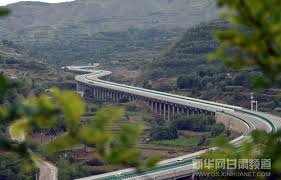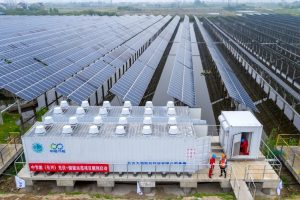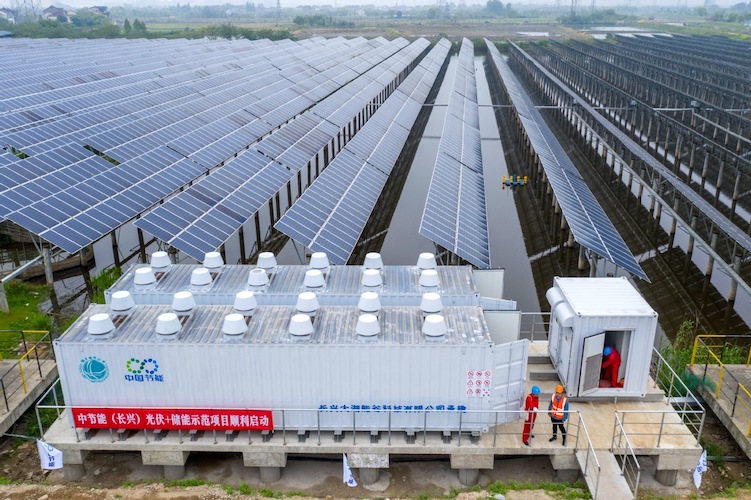S&P Global maintained its BBB rating on Gansu Highway and its outstanding bonds and a stable outlook on the rating on account of the credit profile of the Gansu provincial government and the robust government support for Gansu Highway.
“We affirmed the rating because we to expect Gansu Highway will manage its current capital structure and refinancing risk over the next 12 months despite a revenue slump in 2020 due to the national toll collection moratorium,” the agency said.
“The company benefits from its practice of prefunding debt maturities, despite negative carry, six months in advance as well as its consistent credit availability stemming from strong ongoing government and bank support. We estimate Gansu Highway’s cash available for debt and interest payment will largely cover its debt maturities in the next six months.”
The company’s large cash balance and strong government and bank support will provide a buffer against the sharp decline in revenue caused by China’s new national toll-free policy and the COVID-19 outbreak, the agency said.
It estimated that following China’s new toll free policy, Gansu Highway’s toll revenue will slump 50% in 2020 and recover in 2021 to the level of 2019. This was based on the assumption the current policy will likely be in place until mid-2020.
“The economic slowdown will also weigh on recovery of freight traffic, which contributes 60% of the company’s toll revenue. Given Gansu Highway’s sustained high capital expenditure (capex) and weak toll revenue generation, the company primarily relies on its large cash balance under its pre-funding practices and strong bank support instead of its operating cash flows. However, this also indicates its deteriorating cash flow leverage position.”
S&P said Gansu Highway’s liquidity is adequate and that the primary liquidity sources will be 1.2 times its primary liquidity uses over the 12 months to Sept. 30, 2020.
“Gansu Highway’s liquidity benefits from available banking facilities from state-owned banks, and capital injection and proceeds from the “toll road special bond” from the government. These factors should enable the company to meet its consistently high debt service and moderated capex needs over the coming 12 months.”























